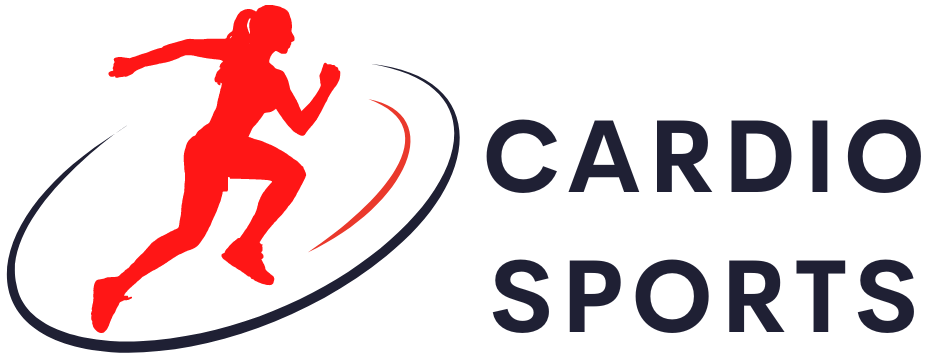Whether you’re a casual Sunday marathoner or a seasoned athlete, the essence of your performance and recovery lies in your plate. While diets and advice abound, only recommendations from experts in sports and nutrition can guide your food choices for maximum efficiency. In this article, we will explore what you should eat before and after your workouts, with well-informed advice from a specialist who knows the ins and outs of sports nutrition.
Introduction to sports nutrition
Nutrition plays a pivotal role in the life of any athlete. It directly influences performance and the ability to recover after exertion. Taking a strategic approach to your meals promises tangible gains for both your health and personal records.
The foundations of effective sports nutrition
Relevant sports nutrition is based on a balance between carbohydrates, proteins, and fats, while not neglecting essential vitamins and minerals. Your body is like a machine and nutrients are its fuel. Choosing the right foods and the right quantities is essential for keeping the gears oiled.
Before exercise: what to eat to maximize performance
Before exercise, prioritize foods that are rich in complex carbohydrates, easy to digest, and low in fat to avoid any gastric discomfort. An ideal timing would be between 1 to 3 hours before your workout, allowing your body to have the necessary energy once you start your activity.
Energy in action: understanding needs during exercise
During exercise, especially if it is prolonged, your body may require additional energy. Light snacks, such as bananas or energy bars, can be useful for maintaining high performance levels and avoiding energy drops.
After exercise: recovery starts on your plate
After exercise, it’s time for recovery. This is the crucial moment when proteins and carbohydrates need to come into play to repair muscles and replenish energy stores. A post-workout meal within the hour following physical activity is a good practice. Include lean proteins and high-glycemic carbohydrates for optimal recovery.
Hydration: the often-forgotten fuel
Hydration is just as crucial as solid food. It should accompany all physical activities. Before, during, and after exercise, water actively participates in regulating your body temperature and facilitating the proper circulation of nutrients throughout your body. Ignore it, and your performance could be severely affected.
Examples of meals for athletes
To give you a concrete idea, let’s look at a few meal examples: before training, a bowl of oatmeal with fruits; after, a grilled chicken breast with whole wheat pasta and green vegetables. These simple and balanced suggestions cover the basics of a healthy sports diet.
FAQs and advice from a sports and nutrition expert
It’s natural to have questions about sports nutrition. An expert, for example, may recommend customizing your protein intake based on the intensity of your training or opting for quality sources of fats, such as avocados and nuts, for their beneficial effects on inflammation and satiety. The important thing is to know your own body and its reactions in order to adjust your diet as best as possible.
Integrating nutrition into your sports routine
The key to success lies in consistency and simplicity. Create meal routines that easily fit into your daily life. Plan your meals, do meal preparations in advance, and above all, listen to your body. Sports nutrition is not just about choosing the right foods, but also consuming them at the opportune moment according to your sports activities.
The pursuit of performance undoubtedly goes through your plate. What you eat before and after exercise will affect your energy, concentration, and recovery. Follow these nutritional guidelines, and you will see your workouts and physical condition gradually improve. Never forget, informed sports nutrition is your best ally in achieving and surpassing your goals.

